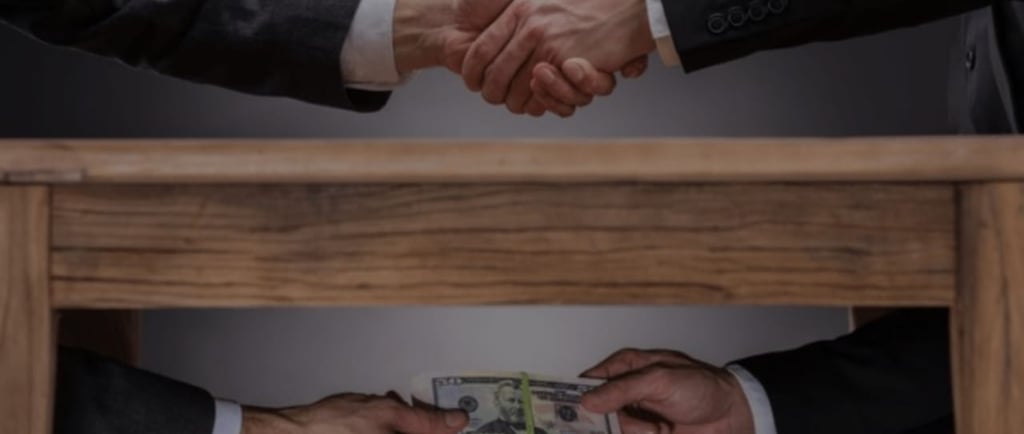Rajasthan High Court: No Prior Approval Needed to Trap Public Servants Demanding Bribes Under Corruption Act.
The Rajasthan High Court's Jodhpur bench ruled that prior approval is not required to trap public servants demanding bribes. Section 17A of the Prevention of Corruption Act requires approval only for investigating offenses committed during official duties.
10/21/20241 min read


The Rajasthan High Court's Jodhpur bench has made a significant ruling regarding corruption cases involving public servants. The court stated that prior approval is not required to trap public servants who demand bribes, clarifying the provisions of Section 17A of the Prevention of Corruption Act.
In this specific case, two police officers, a Circle Inspector and an Assistant Sub-Inspector, were booked under the Act for allegedly demanding a bribe from a complainant. The officers contended that the investigation was illegal since no prior approval was obtained from the competent authority.
The court observed that Section 17A aims to protect public servants from malicious complaints by requiring prior approval for investigations. However, this provision applies only when the alleged offense is committed during official duties.
In this instance, the court found that the officers' actions—demanding bribes—constituted an offense under the Act. Since the trap procedure failed, the officers were entitled to protection under Section 17A.
1. No prior approval is needed to trap public servants demanding bribes.
2. Section 17A requires approval only for investigating offenses committed during official duties.
3. Lack of approval renders investigations illegal.
Consequently, the court quashed the FIR against the police officers, citing the absence of prior approval. This ruling highlights the importance of adhering to procedural requirements in corruption investigations.
1. Prevent misuse of power.
2. Protect public servants from baseless allegations.
3. Ensure legitimate actions are not hindered by fear of repercussions.
This ruling has implications for future corruption cases, emphasizing the need for strict adherence to procedural guidelines.
